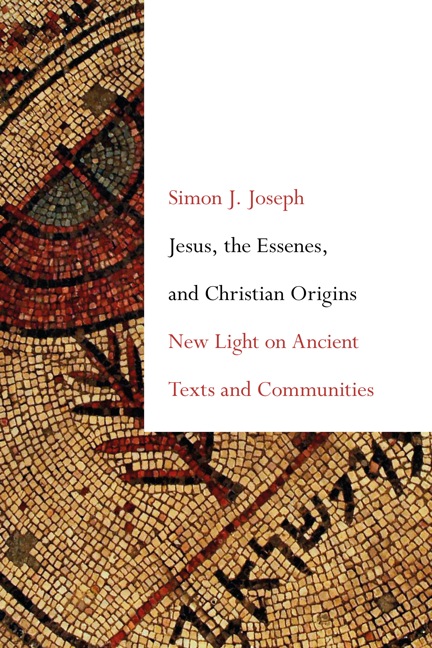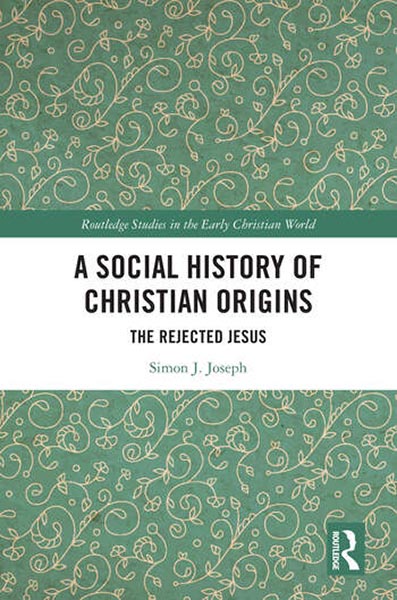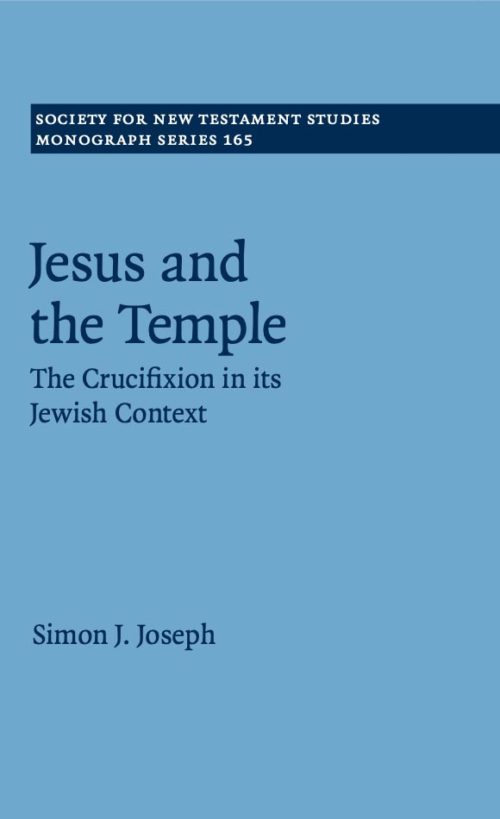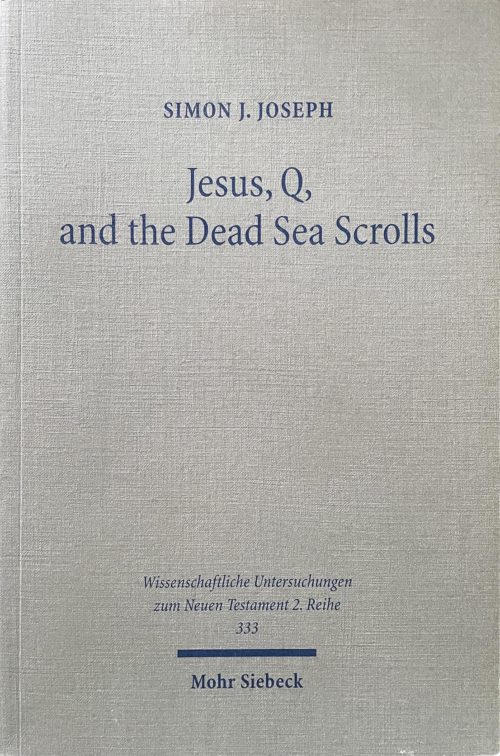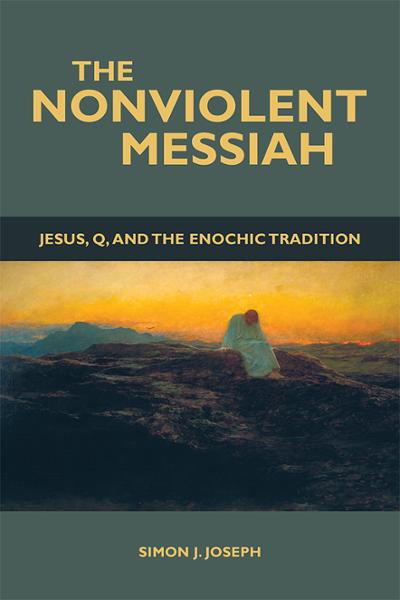Books
Jesus, the Essenes, and Christian Origins is a critical, comparative study of the historical Jesus and the Essenes. Here I propose that the early Jesus tradition can be “mapped” onto a literary, social, and religious world familiar and co-existent with the Essenes of Judea, the Qumran sect, and the Dead Sea Scrolls.
A Social History of Christian Origins explores how the Jewish rejection of Jesus – a mythic narrative embedded in Paul’s letters and the New Testament Gospels – represents the ethnic, social, cultural, and theological conflicts that facilitated the construction of Christian identity.
My Grandfather’s Altar is an oral history memoir by Lakota spiritual leader Richard Moves Camp. Richard is the great, great grandson of Wóptuȟ’a (“Chips”), the wičháša wakȟáŋ (“holy man”) remembered for providing his friend, Crazy Horse, with war medicines of power and protection.
Jesus and the Temple is a critical examination of the "Temple Incident" described in the New Testament Gospels analyzed through the comparative study of sacrifice in the ancient world.
Jesus, Q, and the Dead Sea Scrolls is a revised version of my 2010 Ph.D. dissertation, a critical comparative study of early Jewish texts and traditions.
The Nonviolent Messiah explores the early Jesus tradition’s combination of messianic themes and motifs with its emphasis on “nonviolence” as an ethical, interpersonal, and political strategy in first century Judea.
